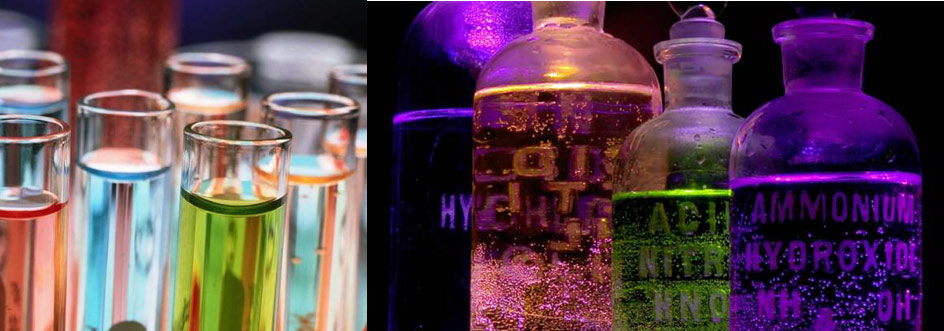Biocides chemical
Biocides and cidal agents are functional chemicals used to kill or neutralize biological pests such as microbes, mold, and insects. These chemicals ensure preservation and proper function of systems which would otherwise be subject to bacterial growth or other biological infestation.
The use of biocides is often discouraged due to pollution concerns and the harmful chemicals associated with their application. When possible, synthetic and artificial biocides should not be considered a necessity if the thorough cleaning and controlled removal of growth-supporting materials is sufficient to address a problem.
Selecting biocides depends almost exclusively on its intended use or application, which will determine the function of the chemical. With the function defined, an industrial buyer should then consider the form, characteristics, and features of the biocide.
Features:
- High soluble in water
- Accurate composition
- Highly effective
- Low diffusion coefficient
- Accurate pH
- Algaecides or antifouling agents are designed to killand prevent the growth of algae.Anti-fouling agents are added to marine hull paints to prevent the growth or algae below the water line.
- Bactericides or antibacterial agents are designed to kill and prevent the growth of bacteria. Fungicides and fungicidal agents are designed to killand prevent the growth of fungi.
- Germicides or antimicrobial agents are effective in killing smaller microorganisms such as viruses, bacteria, protozoa,and other germs.Certain germicides are targeted to kill specific microbes or specific species of microbes.
- Herbicides or defoliants are designed to killand prevent the growth of plants or vegetation. Insecticides and pesticides are designed to killand prevent the growth of insects and other animal pests (e.g. rodents).
- Viricides are chemical agents that can kill, deactivate, or destroy viruses.

